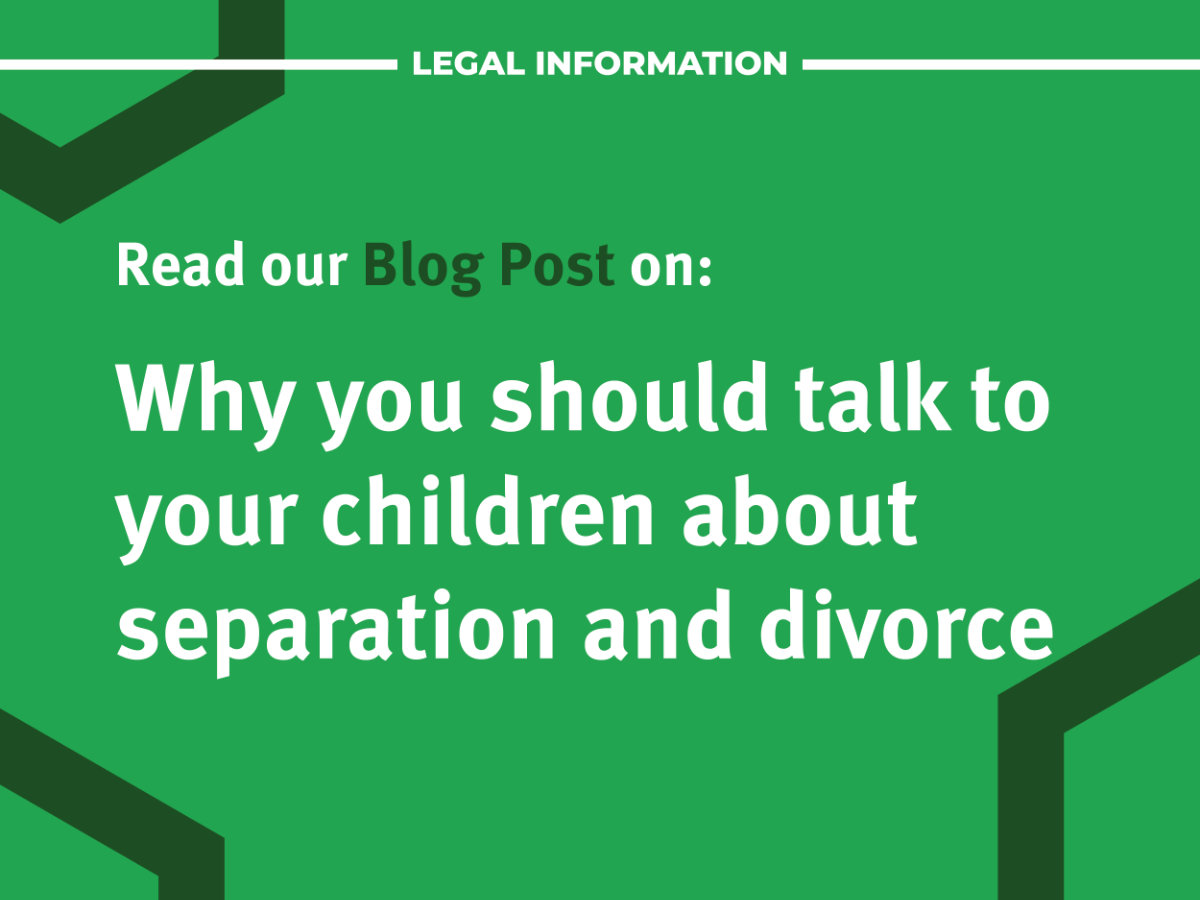
As family lawyers, we recognise the value of communication. We are aware that a client and their child may be dealing with trying circumstances that could harm their mental health. Younger children need reassurance and special care during this period. We assist them in settling separation-related legal concerns. When it comes to the subject of divorce or separation, it is important to reassure your children and ensure they talk about their feelings. There are two strategies of problem-solving that might lessen the conflict of a separation or divorce and the stress brought on by relationship failure: collaboration and mediation.
These strategies need to be taken by the mother and father who need to put in efforts together to maintain a good relationship with the other parent.
What is mediation?
Clients who are going through a divorce are frequently referred to mediation. An accredited legal mediator or a non-lawyer mediator can mediate a dispute. This kind of dispute resolution is particularly useful when it comes to matters involving the care of many children. When contact with an ex-partner has deteriorated, mediation offers a “safe” setting where issues can be brought up and they can express their feelings in front of the mediator or counsellor, who is an impartial third party. Each participant has the opportunity to voice their opinion during respectful and open discussions. Although the mediator won’t resolve the conflict or ensure they don’t separate, they can help to promote communication, comprehension, and ultimately agreement to get divorced without going to court.
There will be a first intake meeting where each party can express their worries and expectations for the mediation process to the mediator. After that, several collaborative mediation sessions will take place. At the conclusion of the process, a summary of what has been agreed upon is prepared, which can be formalised in writing by the parties respective attorneys. Mediation discussions are private and cannot be used as evidence in court, which provides parties true freedom to consider many choices. If you feel sad or feel angry, you can take help from a counsellor and be able to see things in a different light.
And as we adjust to new ways of working and assisting clients, mediation can still happen with counsellors virtually despite the limitations imposed by the pandemic.
What is the Collaborative process?
The Collaborative process can also be utilised to settle problems brought up by the news of your separation. To resolve issues, trained collaborative attorneys will collaborate with their clients in a unique and creative manner. The unique aspect of this method is that both the clients and their attorneys sign an agreement at the outset promising not to file a lawsuit and instead want to talk. All discussions take place in front of both clients and attorneys, and an agreement to be completely transparent, open, and honest is made. Only attorneys who have received collaborative training are eligible to take part in this process. Input from qualified financial advisors and qualified counsellors can also be helpful to clients.
This strategy places the consumers at the centre of the procedure and empowers them to come up with original solutions to their conflicts. This will eventually help your child and ensure that the children handle the situation even if you are not together anymore. It enables everyone involved in the process to concentrate on their shared interests and develop a plan that works for them and their families, which is crucial for resolving problems involving the care of any children from the relationship. Collaboration meetings can also be held online.
Talking to your children about divorce
Wait until you’ve made your final choice before you tell your children if you and your partner are debating a separation or divorce. Do not argue in front of your children. Even though being truthful may seem like the best course of action, if you later change your mind, it could be confusing and unpleasant for them. Children tend to feel angry or feel sad during such times.
You should definitely tell the children once you’ve made up your mind to separate. However, avoid telling them weeks in advance. It might be best to only give them a short amount of notice so they don’t have to worry about it for too long.
When everyone is quiet and at ease and you have the time to explain everything slowly and thoroughly, talk to your preschooler. Don’t have the chat soon before bedtime or before dropping her off at preschool because she could need further assurance later.
Be honest with your children
The idea of being children of separated parents is a worry to every child. However, they are likely to feel better if you be honest with them about your decision to separate and give them time to be able to cope up with the news. Tell her you’re happy to answer any questions if they need to talk now or later and give them lots of hugs and comfort.
Solicitors to help you with a separation or divorce
The family law team at Simplicity Legal is able to offer professional guidance on all facets of divorce and separation. We have a number of Collaboratively trained lawyers and accredited family law mediators who can help when it is difficult to talk for you.

